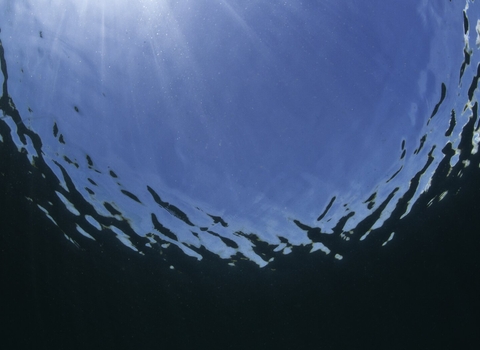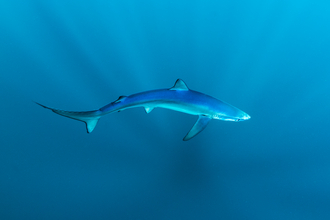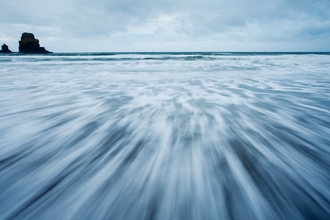Most fish have scales, but not all! And did you know that not all scales are the same?
What’s the point of scales?
Firstly, scales protect the soft bodies of fish from predators and other threats in the ocean. They also help fish to move smoothly through the water.
Why are some scales different?
Different scales offer different benefits and drawbacks. Some fish have strong, armour plates which keep them protected from harm. However, these make it harder to move as easily through the water. Imagine if you were wearing lots and lots of layers of clothes – think how hard that would make it for you to move.
Some fish, like eels, have scales that are so small you need a microscope to see them! These fish can move around very quickly and easily, but they’re not as well protected as fish that have thicker scales.
The stinging tail spines on the stingray are special scales that have evolved over time.
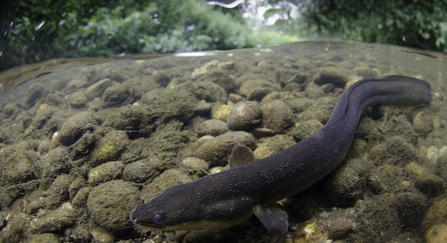
WildNet - Jack Perks
Teeth on scales?
Some scales have smooth edges, but some have tiny teeth along their edge! This is usually on fish that have spiny fins, like perch. There are also scales that fit together – a little piece of one scale will fit into a hole in the next scale, like a jigsaw puzzle.
Amazingly, some fish can have more than one type of scale on their body! Flatfish have one type of scale on one side of their body, and another type on the other side. Some species of catfish don’t have scales at all – instead they breathe through their skin.
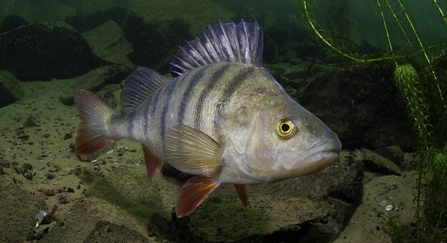
A perch (Perca fluviatilis) hovers by weeds in a quarry flooded by freshwater, below buildings. Taken in December. Stoney Cove, Stoney Stratford, Leicestershire, England. Great Britain. - Alexander Mustard/2020VISION
What are scutes?
Scutes are a less common type of a scale. These are very thick scales that are almost like shields! It also describes the skin of crocodiles and the shell of a turtle. A fish called the pineconefish has these all over its body.
Sharks
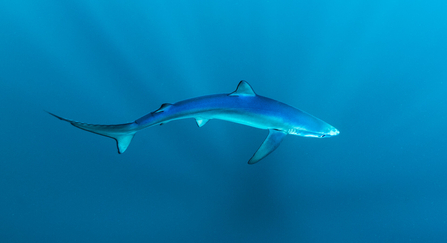
www.underwaterpics.co.uk - Dan Bolt
Sharks have a very special kind of scale. They’re called ‘dentricles’ and they’re quite similar to teeth! The way that these scales are made means that if you stroke their scales the wrong way it will feel very rough. But when they’re swimming through the water the scales lie flat against their body. This makes them very fast and quiet swimmers. In fact, they make almost no sound when they move through the water. Perfect for hunters!

